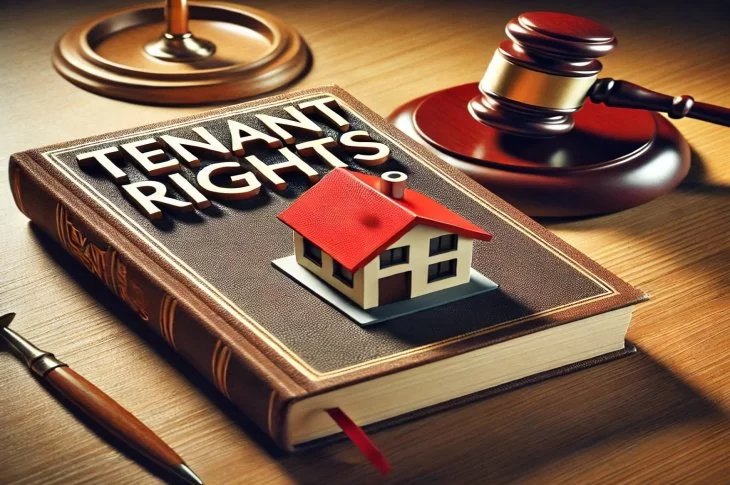
- Understanding-Eviction-Ban-Litigation-and-Its-Impact-on-Housing-Rights
- Tenant-Perspective-Why-Housing-Rights-Matter-More-Than-Ever
- Landlord-Challenges-and-the-Balance-of-Rights
- Real-Case-Studies-in-Eviction-Ban-Litigation
- Future-Trends-in-Housing-Rights-and-Eviction-Law
- Legal-Support-and-Resources-for-Tenants-and-Landlords
Understanding Eviction Ban Litigation and Its Impact on Housing Rights
Eviction ban litigation became a defining legal issue during the pandemic, as courts grappled with balancing public health concerns against property rights. Housing rights advocates emphasized that keeping people in their homes was essential to community stability. On the other hand, landlords challenged bans, arguing that restricting evictions without compensation violated their rights. These legal battles highlighted the tension between social responsibility and individual property rights, shaping how housing law is interpreted nationwide.
Tenant Perspective: Why Housing Rights Matter More Than Ever
For tenants, eviction bans were more than just legal safeguards—they were lifelines. Families who lost jobs during the pandemic relied on these protections to keep a roof over their heads. One tenant in New York shared her story of avoiding homelessness after a judge upheld an eviction moratorium. Such cases illustrate how eviction ban litigation has tangible consequences, reinforcing the importance of housing rights as fundamental to personal security and dignity.
Landlord Challenges and the Balance of Rights
Landlords, however, faced genuine hardships during these bans. Many property owners rely on rental income to pay mortgages or support families. Litigation often revolved around whether government intervention unfairly shifted financial burdens onto landlords. In several states, courts sought compromise solutions, offering rental assistance programs to ease the strain. These disputes demonstrate the delicate balance between protecting housing rights for tenants and ensuring landlords’ financial stability is not overlooked.
Real Case Studies in Eviction Ban Litigation
One notable case involved the U.S. Supreme Court striking down the CDC’s nationwide eviction moratorium in 2021. The ruling emphasized that such sweeping measures required congressional approval, not administrative action. Another high-profile case in California revealed how grassroots tenant organizations mobilized to defend local eviction protections, ultimately swaying city councils to extend bans. These examples show how eviction ban litigation is not just a matter of legal technicality but also a reflection of community activism and evolving housing policy.
Future Trends in Housing Rights and Eviction Law
As the housing crisis deepens, eviction ban litigation is expected to continue shaping tenant protections. Legal scholars predict an increase in hybrid approaches, such as targeted eviction protections for vulnerable groups combined with government-backed rental relief for landlords. This balance could prevent homelessness while respecting property rights. The conversation around housing rights is also expanding to include broader issues such as affordable housing access, rent control measures, and equitable treatment for marginalized communities.
Legal Support and Resources for Tenants and Landlords
Navigating eviction ban litigation requires professional guidance. Tenants facing eviction notices may not always understand their rights or how recent rulings apply to them. Landlords, too, need legal advice to ensure compliance with evolving laws while protecting their investments. At ESPLawyers, clients can find expert support tailored to both tenants and landlords, ensuring that their housing rights and responsibilities are clearly understood and effectively defended in court if necessary.








